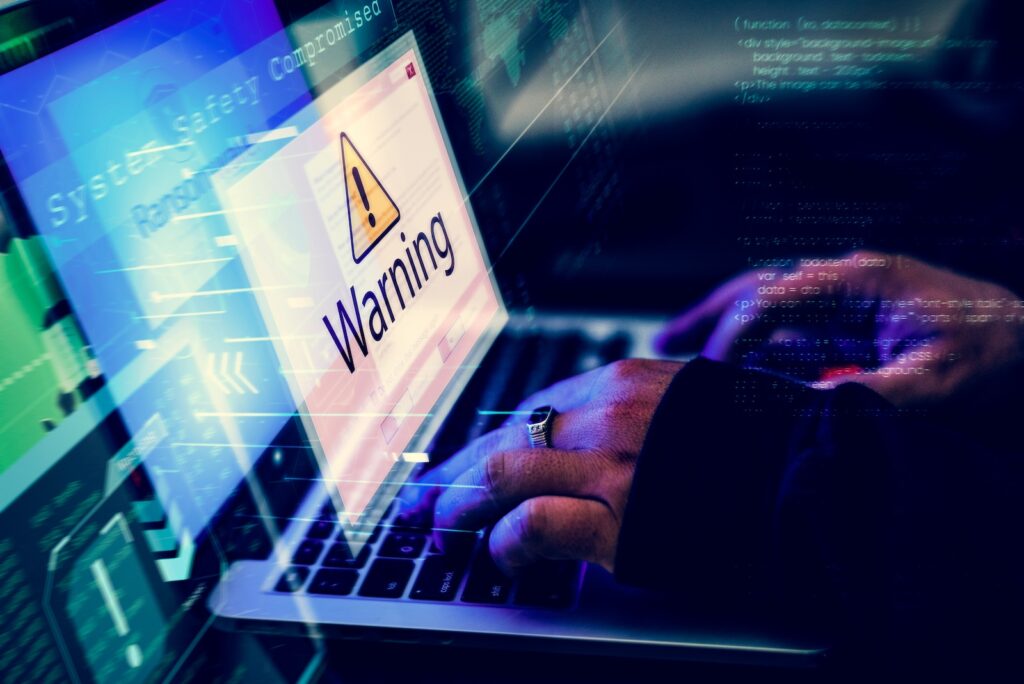Beware of Fake Invoices: A New Scam Alert
In a world where we rely heavily on emails and online transactions, it’s becoming increasingly important to stay alert about where our money is going. A new kind of scam is making the rounds, and it targets both individuals and businesses alike. It involves scammers who pretend to be from real, legitimate businesses, sending out fake invoices that look incredibly authentic. The catch? These invoices contain bank account details controlled by the scammers, not the actual business you think you’re paying.
Imagine this scenario: You’ve recently availed of services from a company you trust. A few days later, you receive an invoice through email, seemingly from that very company, requesting payment. Everything looks in order—the logo, the email layout, and even the services listed match what you expect. Without a second thought, you proceed to make the payment, only to realize later that the money has gone to a scammer, not to the company you intended to pay.
What makes these scams particularly insidious is their complexity and the meticulous attention to detail. Scammers nowadays go to great lengths to replicate invoices, making it challenging to spot a fake at first glance. It’s a form of identity theft, where the scammer uses a reputable company’s identity to lure unsuspecting customers into their trap.
To protect yourself and your hard-earned money, adopting a mindset of cautious skepticism is crucial. Here are a few pointers to keep in mind:
1. **Double-Check Details:** Before making a payment, take a moment to verify the invoice details. Check the bank account information against what you have on file for the company. If there’s a discrepancy, it’s a red flag.
2. **Contact the Company Directly:** If something feels off, reach out to the company through official channels. Use a phone number or email address you’ve used before or one that’s listed on their official website, not the invoice you’re questioning.
3. **Stay Informed:** Awareness is your best defense against scams. Stay updated on the latest scamming techniques so you can spot red flags.
4. **Report Suspicious Activity:** If you realize you’ve received a fake invoice, report it to the appropriate authorities. By doing so, you’re not just protecting yourself but also helping prevent others from falling victim to the same scam.
In today’s digital age, scams are becoming more sophisticated, but with a bit of vigilance and skepticism, you can protect yourself and your finances. Always remember, if something doesn’t feel right, it probably isn’t. Take those extra few moments to verify everything before you make a payment. It’s better to be safe than sorry.

